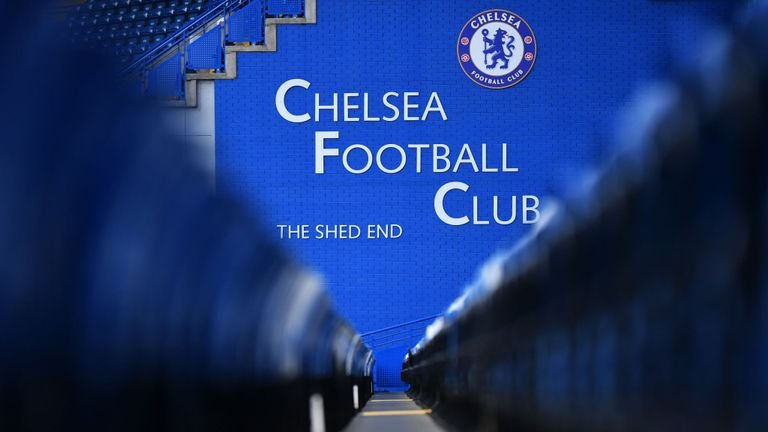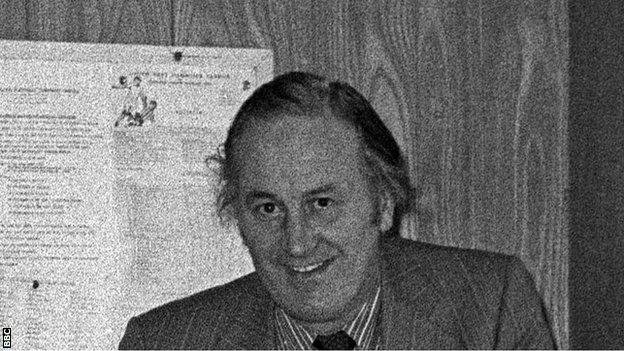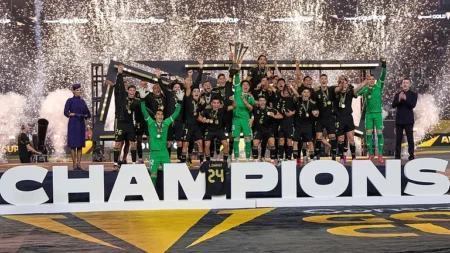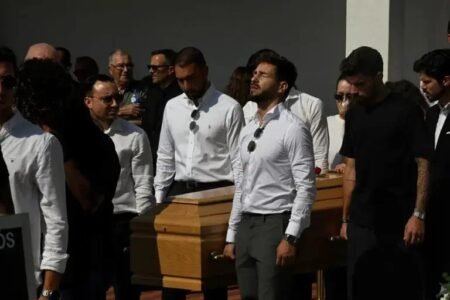
Young Chelsea players were targeted for years by a “prolific and manipulative sexual abuser” who was able to operate “unchallenged”, says a damning report.
Evidence from 23 witnesses details how ex-chief scout Eddie Heath, who died in 1983, groomed and abused young boys aged between 10 and 17 in the 1970s.
An external review said some adults at Chelsea must have been aware of Heath’s abuse but “turned a blind eye”.
In a statement, Chelsea’s board apologised “unreservedly”.
The report – led by barrister Charles Geekie QC – is also heavily critical of former assistant manager Dario Gradi, who is accused of failing to tell more senior club staff about an allegation regarding the sexual conduct of Heath, brought to him by the parent of a young player.
Gradi’s alleged failure to report the claim “was a lost opportunity to expose Heath and prevent further abuse”.
The BBC has approached 78-year-old Gradi for comment. In his evidence to the review, he denied trying to “smooth over” the matter in a meeting with the boy’s father. He also said he reported the allegations to the club’s assistant manager.
Meanwhile, a separate review into allegations of racial abuse from 1982 up until the late 1990s conducted by charity Barnado’s concluded that “black players were subjected to a daily tirade of racial abuse”.

What did Chelsea say?
- In a statement, Chelsea apologised for the “terrible past experiences of some of our former players” and said their own “exhaustive investigation” would “ensure that abhorrent abuse like this can never happen again”.
- Chelsea also committed to assessing compensation claims for victims.
READ: Laurent Koscielny joins Bordeaux from Arsenal
- A Barnardo’s report said Chelsea now had a “healthy culture where young people are encouraged to speak up and are heard” and that their safeguarding culture and measures “bear no resemblance” to that of the past.
- Barnardo’s has given the club made a number of recommendations for further improvement, all of which are being implemented.
- On Heath, Chelsea said: “It is evident from the review that Heath was a dangerous and prolific child abuser. His conduct was beyond reprehensible.”
Heath was employed by Chelsea from 1968 until he was sacked in 1979 and, as far as the review was able to establish, was not investigated nor charged with any offences before his death.
The reports details how most of the witnesses recalled Heath being “inappropriate” and using “sexual innuendo” in the changing room, but that he “took care that his most serious sexual assaults took place in private”.
Of the 23 witnesses, 15 reported “serious and unambiguous sexual assaults”, including rape by Heath when he was alone with a boy, while three witnesses detailed abuse in the presence of other young players.
One witness recalls Heath being regarded as “nightmare Eddie” by youth players and that the boys were intimidated by his physical presence and fearful of him because of the influence he had over their careers.
Geekie concludes that Heath targeted vulnerable children in particular, manipulated their families, used pornography to “sexualise” boys and abused his role at the club to secure “compliance” and “silence” through fear.
Most of the witnesses told the report that the abuse can still affect their “day-to-day” lives and many stopped playing football as a result.
The report states there is not enough evidence to “provide ground for concluding that any adult related to Chelsea had actual knowledge of the serious acts of abuse described by the 15 witnesses as having taken place in private”.
It also said “there is no evidence to support a conclusion that the Chelsea board knew of Heath’s conduct”.
However, Geekie adds that adults at Chelsea “were aware of and observed Heath’s lewd…behaviour” and that “the unhappy reality is that some must have seen things and turned a blind eye to what they saw”.










